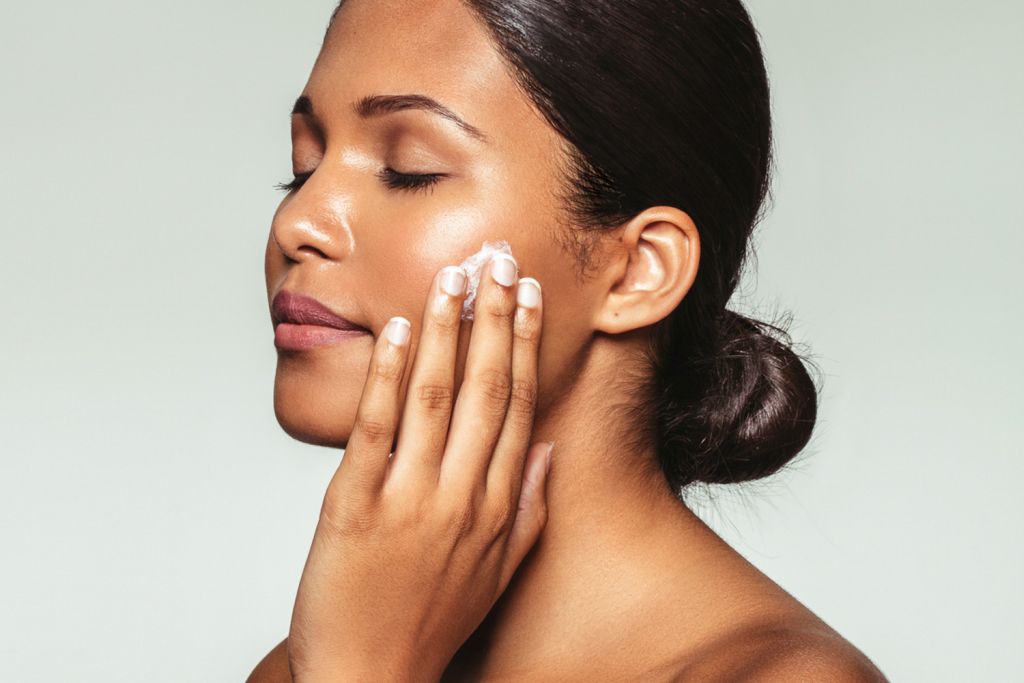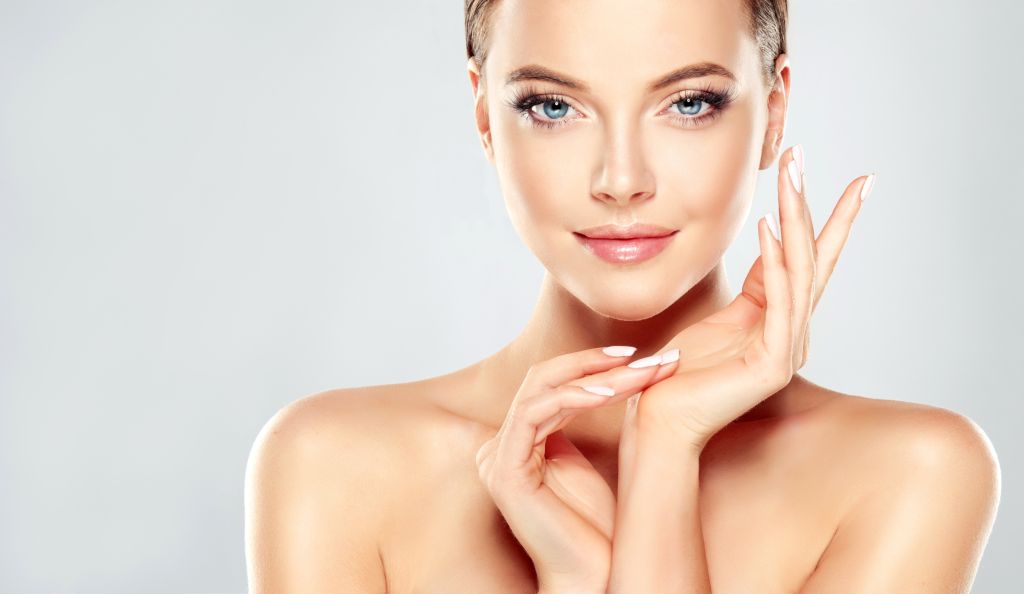Hydration plays a crucial role in how we look and feel every day. Beyond keeping us alive and energized, water is a secret weapon for achieving glowing skin and shiny, healthy hair. Your hydration level influences everything from your skin’s elasticity to your hair’s texture—and it’s time to understand how to use it to your advantage.
This post will explore the science behind hydration, common signs of dehydration in skin and hair, and practical tips to boost your hydration habits. We’ll also tackle common myths and share real-life transformations to help you unlock the beauty benefits of staying hydrated.
The Science Behind Hydration
Water is essential for every cell, tissue, and organ in our body—including our skin and hair. When we’re hydrated, water helps to maintain skin elasticity, promote cell regeneration, and prevent dryness. For hair, hydration improves texture and strength while reducing breakage.
Skin is the largest organ in the body, and it’s approximately 64% water. If you don’t drink enough, your skin may lose its ability to retain moisture and elasticity, making it more prone to dryness, flakiness, and even premature aging. Similarly, hair that’s adequately hydrated remains supple, reducing split ends and dullness. Water doesn’t just cleanse your body internally—it’s a key factor in radiating beauty externally.
Signs of Dehydration in Skin and Hair
Are you drinking enough water? Identifying the signs of dehydration is the first step to improving your habits. Here are common indicators to watch for in your skin and hair:
Skin
- Dryness and flakiness
- Dull complexion without a natural glow
- Increased appearance of fine lines and wrinkles
- Redness or sensitivity
Hair
- Dry, brittle texture
- Increased hair breakage and split ends
- Lack of shine
- Scalp itchiness or dandruff
If these symptoms sound familiar, it’s time to rethink your approach to hydration.

How Much Water Should You Drink for Healthy Skin and Hair?
Determining how much water you need daily depends on several factors—your weight, age, activity level, and even the climate you live in. While the general guideline of “8 glasses a day” may work as a starting point, personalized adjustments are often needed.
Here’s a simple formula to calculate your daily water needs:
- Divide your body weight (in pounds) by 2. The result is the approximate number of ounces you should drink daily. For example, if you weigh 150 pounds, aim for 75 ounces of water.
Additionally, increase your water intake if you exercise regularly or live in a warm, humid environment where you lose water through sweat.
Hydration from the Inside Out
Drinking water isn’t the only way to keep your skin and hair hydrated. Foods rich in water content can also make a difference in your hydration levels. Integrating hydrating foods into your diet not only supports your beauty goals but also enhances overall well-being.
Top Hydrating Foods for Skin and Hair
- Cucumbers: 95% water and packed with skin-loving antioxidants.
- Watermelon: Contains high water content and vitamins A and C to support collagen production.
- Oranges: Rich in hydrating electrolytes and vitamin C.
- Avocados: Loaded with healthy fats that improve moisture retention in both skin and hair.
External Hydration
Internal hydration is essential, but topical products can further enhance your efforts.
- Moisturizers: Look for products with ingredients like hyaluronic acid or glycerin. These ingredients attract water to your skin and lock in moisture.
- Hair Conditioners: Consider deep conditioners or products containing coconut oil, shea butter, or aloe vera to rehydrate dry hair.
- Face Mists: Use hydrating sprays throughout the day, especially in dry climates or air-conditioned spaces.
Pairing external products with your water intake levels leads to optimal results.
Lifestyle Changes for Improved Hydration
Small, consistent lifestyle adjustments can make staying hydrated much easier. Here are some actionable tips to get started:
- Infuse your water: Add fruits like lemon, cucumber, or mint to make water more exciting.
- Use an app: Track your daily water intake with apps like MyWater or HydroCoach.
- Carry a reusable bottle: Having water readily available reminds you to drink it throughout the day.
- Set reminders: Use alarms or notifications to encourage regular hydration breaks.
Real Stories of Hydration Transformations
Emma, 28, struggled with dull skin despite using multiple high-end skincare products. Once she started drinking more water (calculated based on her weight and activity level), she noticed a healthier, more radiant complexion within two weeks. For hair, she applied hydrating masks weekly while incorporating avocados and water-rich fruits into her diet.
Similarly, Jake, 35, was prone to a flaky scalp and weak hair. Increasing his water intake by 20% solved his dryness and significantly improved the texture of his hair over six months. He paired this habit with scalp oils for extra nourishment.
These stories underline the powerful relationship between hydration and beauty.
Start Your Hydration Journey Today
Healthy skin and hair start with proper hydration. By focusing on both internal hydration (through water and diet) and external hydration (topical products), you can transform your beauty routine and achieve the glow and shine you’ve always wanted.
It’s time to prioritize hydration in your daily life. Share your personal hydration tips and stories in the comments below—we’d love to hear from you!

